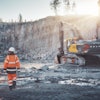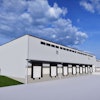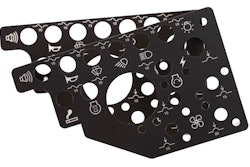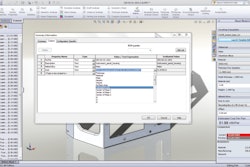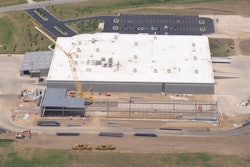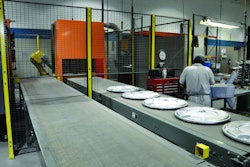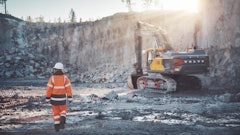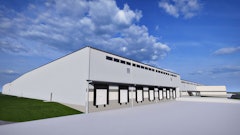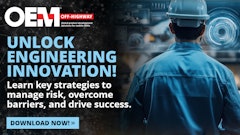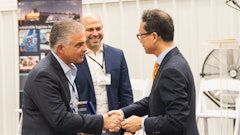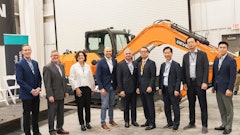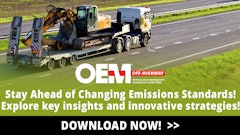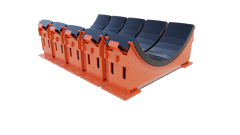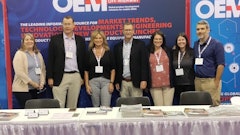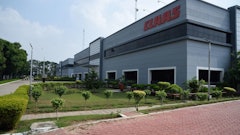Century, Inc., a Veteran Owned – HubZone Certified - Small Business, announces that one of their divisions, Century 3/Plus, LLC., and their caster, Delaware Dynamics, LLC., recently received an award from the North American Die Casting Association (NADCA) - 2011 International Die Casting Design Competition for their work in aluminum squeeze casting with semi-solids. The award was presented by NADCA Chairman, Leonard Cordaro, at the recent NADCA Die Casting Congress in Columbus, OH.
"It’s truly an honor and a priviledge to have our caster, Delaware Dynamics, LLC., and our process, product and technology recognized by NADCA ”, says Jim McManus, Business Development Manager, Century 3/Plus, LLC. “Government regulations and emissions requirements are forcing the automotive and heavy truck markets to look at new ways to light-weight vehicles to become more efficient. This award recognizes our process and ability to squeeze cast light-weight alloy components without losing some of the properties found in cast iron.”
Century 3/Plus, LLC, a division of Century, Inc., has a unique technology to mass produce ceramic materials, which are critical components in the casting and selectively reinforced ceramic pre-forms used in the manufacturing of metal matrix composite (MMC) components. Century has been working with the U.S. Army Tank Automotive Research Development and Engineering Center (TARDEC) to find ways to light-weight vehicle components using their technology. The technology has been demonstrated through the development of a light-weight aluminum MMC drum weighing 45-50% less than its cast-iron equivalent. Century’s drum is expected to save over 200 – 400 lbs of un-sprung weight on tactical wheeled vehicles and over 100 lbs per axle on commercial trucks. The brake drum also has a longer life cycle and has been shown to have 20% less fade than cast iron. This decrease in fade is significant in the commercial trucking market where the new FMVSS stopping distance requirements are forcing commercial trucks to stop in shorter distances.
“The market need for lighter vehicles will help drive the advancement of MMC’s in the marketplace and our technology and process will help to fill that demand. At the end of the day, lighter weight and longer life cycle equate to fuel savings, vehicle efficiencies, and lower maintenance costs for both the commercial and military markets," says McManus.
MMC’s open the door for the use of lighter weight alloys such as aluminum and magnesium used to make vehicle components lighter. The technology allows certain properties found in cast iron to be transferred into areas of the light-weight part where they are needed. The end results are vehicle components weighing less, lasting longer and increasing fuel efficiency.
